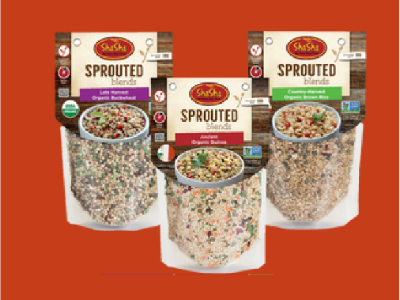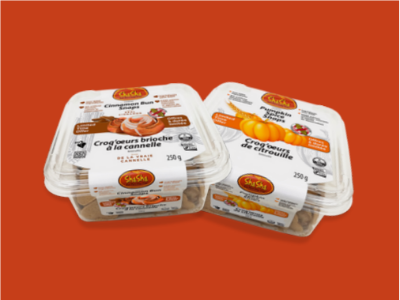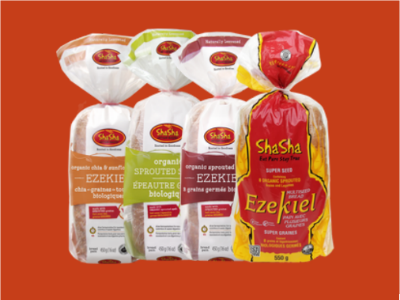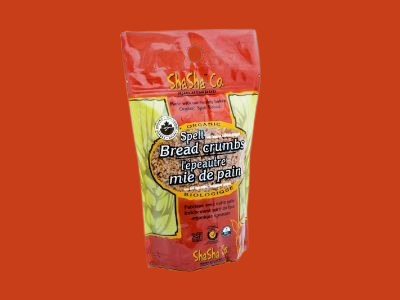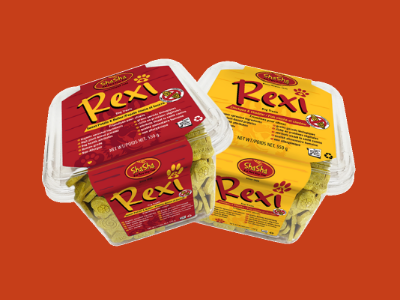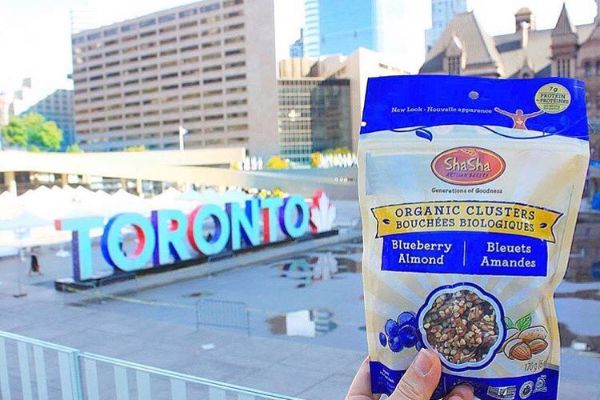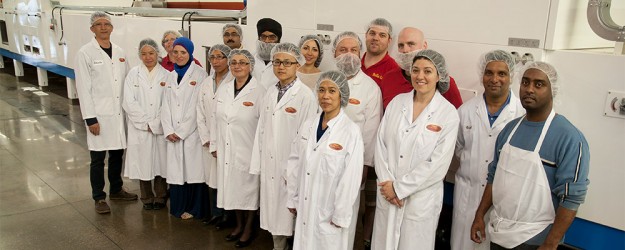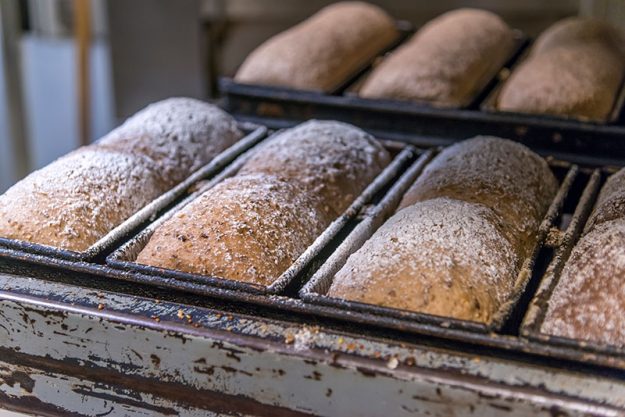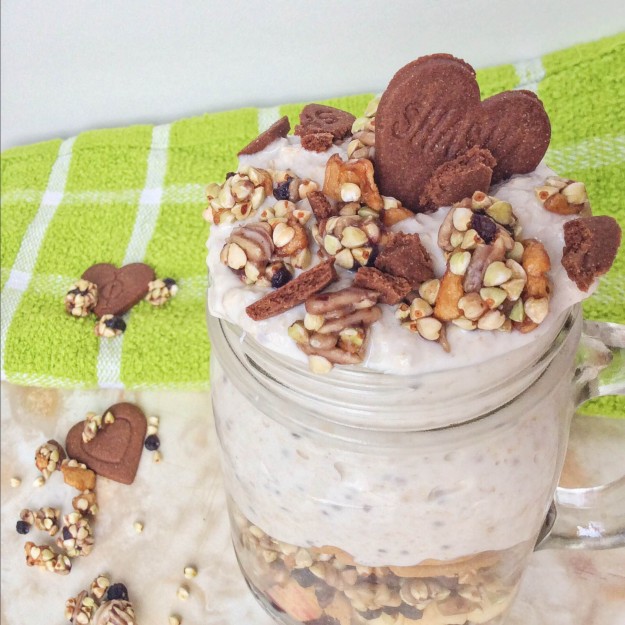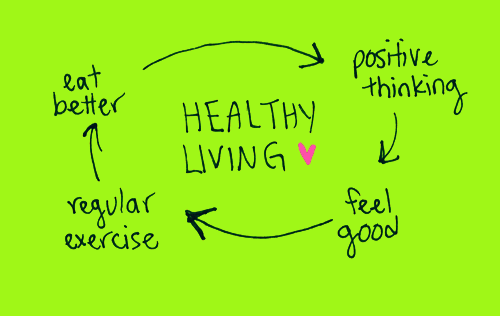Organic, Slow & Careful Baking
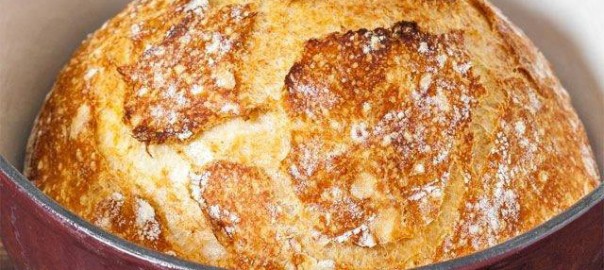
Before the 1950’s, most bread bakeries ran two shifts of workers. The first shift prepared the dough, leaving it to ferment overnight. The second shift completed the baking. This type of baking is referred to as the Sourdough Baking Method – a long and slow process using a culture which contains lactobacillus bacteria (symbiotic work of Bactrim & Fungous).
This slow process is necessary for bread to be properly fermented. In the process of making sourdough bread the bran and germ in the flour are broken down during the long rising time, releasing nutrients into the dough and making it digestible.
To be properly digested, gluten (enzyme of protein which is found mostly in grains) needs to be broken down to a digestible sugar which can be attained through a long fermentation time. The only way the human digestive system is able to digest the minerals in grains requires Phytic acid to be 90% neutralized – this can be attained through long fermentation.
Unfortunately, the Sourdough Baking Method which provides these benefits has been neglected in the last few decades for faster processing – profit being the sole motivator.
Over the past half a century, the consumption of processed breads with little fermentation time has increased, bringing on a growing concern of gluten intolerance and celiac disease (which is growing rapidly throughout North America).
Combining long fermented, sourdough bread with organic, slow & careful backing practices is the only way to bring health back to bread.
Shasha Navazesh
January 11th 2016

